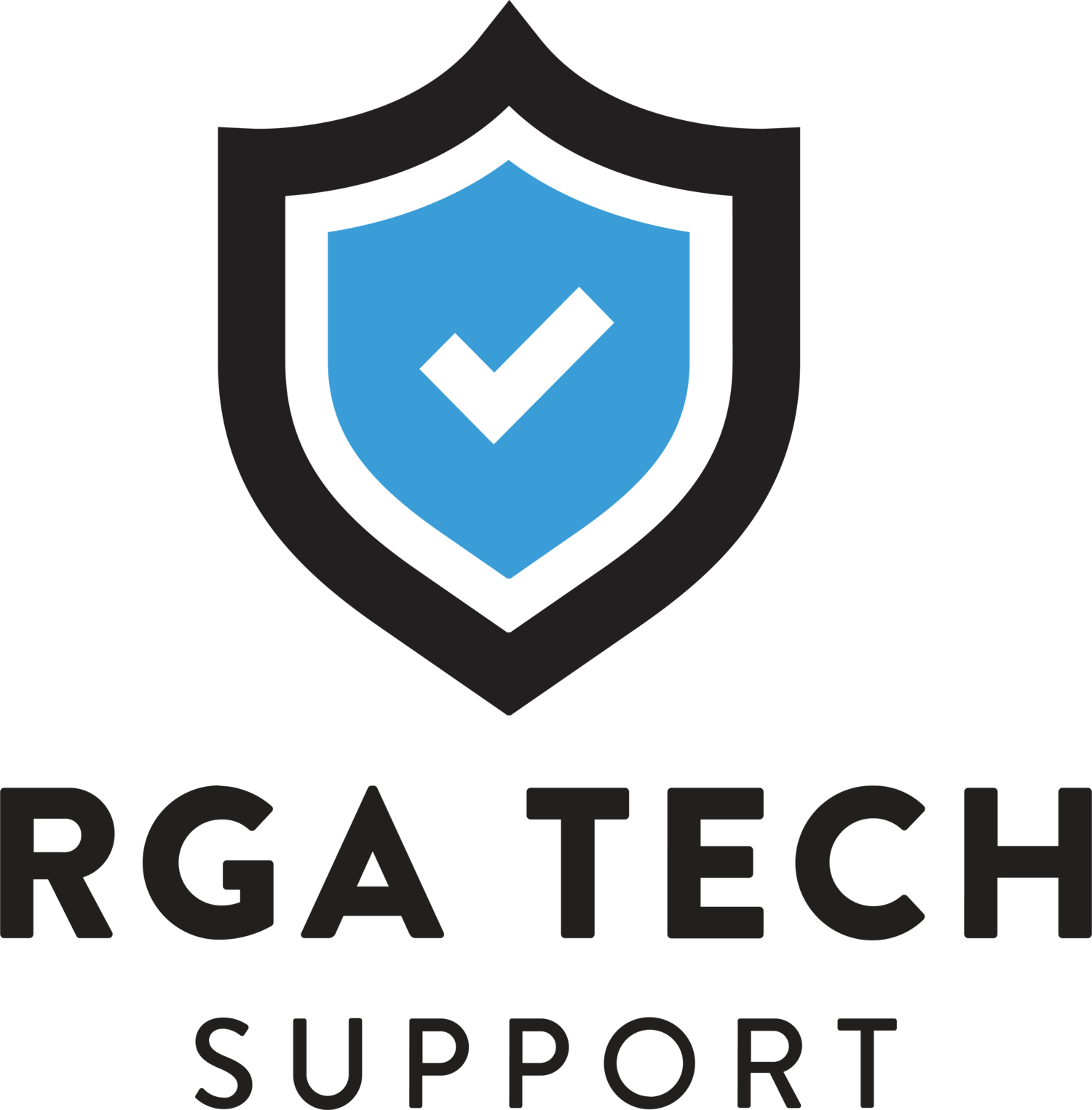How to Recognize and Avoid Phishing Scams
Phishing scams are becoming increasingly sophisticated, making it more challenging to identify and avoid them. At RGA Tech Support, we prioritize your online safety and want to equip you with the knowledge to protect yourself. In this post, we'll explain how to recognize phishing scams and provide tips to avoid falling victim to them.
What is Phishing?
Phishing is a cyber attack where scammers impersonate legitimate organizations or individuals to trick you into providing personal information, such as passwords, credit card numbers, or Social Security numbers. These attacks often come in the form of emails, text messages, or phone calls.
Common Signs of Phishing Scams
Suspicious Sender: Check the sender's email address or phone number. Phishing attempts often come from addresses or numbers that appear similar to legitimate ones but have slight variations.
Urgent Language: Phishing messages often create a sense of urgency, claiming that immediate action is required to avoid negative consequences.
Generic Greetings: Legitimate organizations usually address you by name, while phishing messages often use generic greetings like "Dear Customer" or "Dear User."
Unexpected Attachments or Links: Be cautious of unexpected attachments or links. Hover over links to see where they lead before clicking.
Requests for Personal Information: Legitimate organizations will never ask for sensitive information via email or text.
Tips to Avoid Phishing Scams
Verify the Source: If you receive a suspicious message, verify its legitimacy by contacting the organization directly using contact information from their official website.
Use Security Software: Install and regularly update security software on your devices to protect against phishing attacks and other cyber threats.
Educate Yourself and Others: Stay informed about the latest phishing tactics and educate your friends and family, especially seniors, who are often targeted by these scams.
Enable Two-Factor Authentication: Adding an extra layer of security to your accounts can help protect against unauthorized access, even if your password is compromised.
Conclusion
Phishing scams are a significant threat, but with awareness and caution, you can protect yourself from becoming a victim. If you ever receive a suspicious message or need assistance with online security, contact RGA Tech Support. We're here to help you stay safe online.
